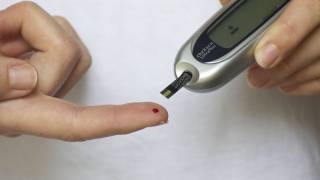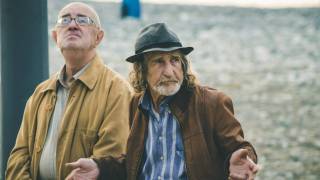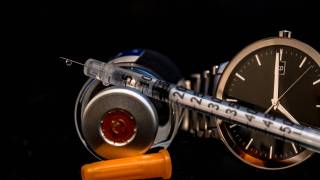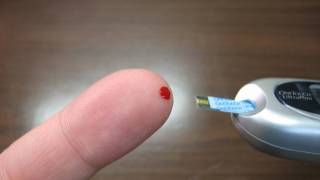Mass General Repurposing Tuberculosis Vaccine To Treat Diabetes and Fibromyalgia
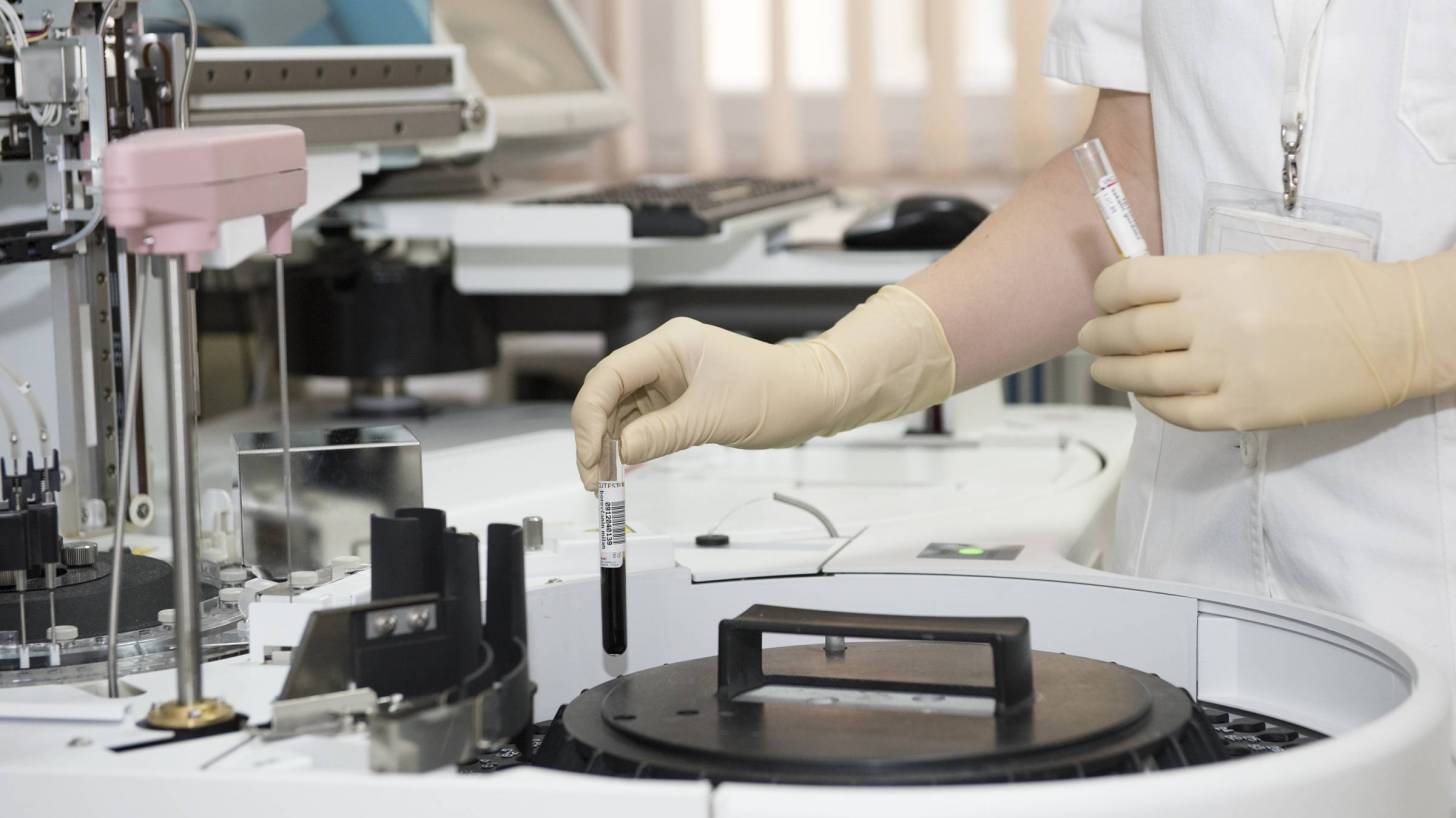
The Massachusetts General Hospital is leading 2 innovative clinical studies on how an old tuberculosis vaccine may be effective in treating both diabetes and fibromyalgia.
Used for almost a century to prevent tuberculosis, the Bacillus Calmette-Guérin (BCG) vaccine has been known for more than 30 years to boost production of a cytokine called tumor necrosis factor, which may be beneficial in autoimmune diseases both by eliminating the autoreactive T cells that attack an individual’s tissues, and by inducing production of regulatory T cells that could prevent an autoimmune reaction.
On September 5, 2018, the U.S. Food and Drug Administration (FDA) approved Mass General Hospital for a clinical trial of a tuberculosis vaccine to treat fibromyalgia.
"Since the generic BCG vaccine is affordable and safe, the clinical trial introduction of this vaccine will perhaps transform the lives of the patients who currently have no other direct treatments available to combat this very debilitating disease," Dr. Bruce S. Gillis, the CEO of EpicGenetics said in a press release.
"The FDA will be looking at indicators to determine if BCG is having a clinical effect with a decrease in pain for fibromyalgia patients and an increase in overall function in the standardized testing for this disease.”
“If the results are promising, we anticipate being able to rapidly expand the BCG treatment to many more patients due to its long-standing safety," said Dr. Gillis.
Fibromyalgia is a debilitating disease that causes substantial pain, chronic fatigue and depression among other symptoms. Patients also incur significant expenses and lost wages. It is a leading cause of disability.
Previously, on June 21st, Mass General reported results of a long-term follow-up of participants in clinical trials of the BCG vaccine to reverse advanced type 1 diabetes, including the restoration of near-normal blood sugar levels.
Initial clinical trial results, published in a 2012 PLOS One paper, reported that two doses of BCG spaced four weeks apart led to reductions in autoreactive T cells, an increase in Tregs and what turned out to be a transient increase in insulin production.
An extension and expansion of that trial with long-term follow-up, the current results are based on data from 282 human study participants – 52 with type 1 diabetes who participated in the BCG clinical trials and 230 who contributed blood samples for mechanistic studies.
Regular monitoring of clinical trial participants found that HbA1c levels of those receiving BCG had dropped by more than 10 percent at three years after treatment and by more than 18 percent at four years.
That reduction was maintained over the next four years, with treated participants having an average HbA1c of 6.65, close to the 6.5 considered the threshold for diabetes diagnosis, and with no reports of severe hypoglycemia.
Participants in the placebo group and in a comparison group of patients receiving no treatment experienced consistent HbA1c elevations over the same eight-year time period.
Mihai G. Netea, Ph.D., professor in the Department of Internal Medicine at Radboud University Medical Center, says of this study, “The clinical effects and the proposed mechanism demonstrated are exciting and add to the emerging consensus that the BCG vaccine can have a lasting and valuable impact on the immune system.
Massachusetts General Hospital, founded in 1811, is the original and largest teaching hospital of Harvard Medical School.
Our Trust Standards: Medical Advisory Committee
- BCG Vaccine
- Phase II Clinical Trial: Multi-dosing the BCG Vaccine for Fibromyalgia
- FDA Approves Clinical Trial of Novel Treatment for Fibromyalgia
- Repeat BCG Vaccinations for the Treatment of Established Type 1 Diabetes
- BCG vaccine leads to long-term improvement in blood sugar levels in type 1 diabetes patients



